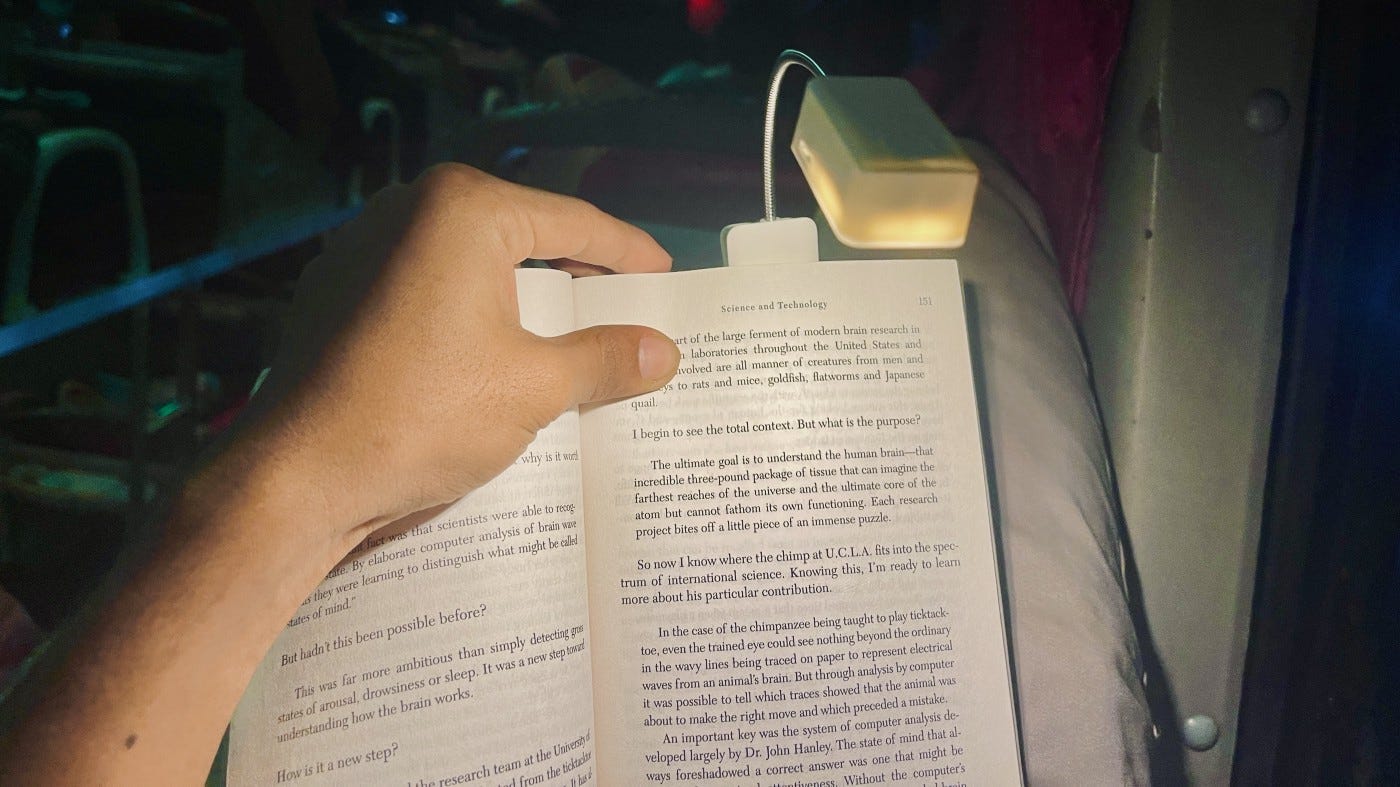My Favorite Books of 2022
This personal memo could be the first article that I wrote for Econ Lab and I hope you would enjoy reading it. Here are some of the books I read and enjoyed last year.
This personal memo could be the first article that I wrote for Econ Lab and I hope you would enjoy reading it. Here are some of the books I read and enjoyed last year.
Style: Lessons in Clarity and Grace, Joseph M. Williams and Joseph Bizup, 12 editions, Pearson, 2016.
I was inspired by Professor Paul Dudenhefer to read this book when I joined his session at the Young Scholars Initiative about “Writing Effectively in Economics.” The recorded video of his session was available online here. For me, Style is one of the best writing books that allow you to learn on how to write effectively, straightforward to the point with clear and concise, as well as to use correct grammatical terms, and to sound natural. This book is basically associated with a well known title book ‘The Elements of Style’ by William Strunk Jr. and E.B. White.
On Writing Well: The Classic Guide to Writing Nonfiction, William Zinsser, 17 editions, Harper Perennial, 2006.
This book is well known among non-native English speakers who performed to become a good writer for academic writing, story writing, novel writing, or personal writing. I recommend you to read the Element of Style and Style first before going through On Writing Well because it will lead you to better understand the concepts of writing. And later, On Writing Well will help you to see how good writers write, and deeply focus on writing theories.
Atomic Habits, James Clear, Generic, 2018.
I like his quote that ‘Tiny changes, remarkable results.’ Yes, the changes will have remarkable results when you keep focusing on actions rather than goals and be satisfied and happy with the actions you are doing, as well as to evaluate and monitor it like you are running a project at your workplace.
How to Become a Straight-A Student, Cal Newport, Crown, 2006.
I have never read a book like this before when I was in university. The study advice I usually received from my parents, friends, seniors, teachers, and professors. When I read this book, I learned some interesting study methods that I had never heard of before. I highly recommend this book to undergraduate and high school students who want to become a straight ‘A’ student because it is more practical. The author’s writing is based on real practical experience of straight A students who share their experiences and study tips.
A Guide for Young Economist, William Thomson, 2 editions, The MIT Press, 2011.
This book advises PhD students and young economists on how to pursue graduate studies in economics, conduct research on economic problems, treat and find advisors, write economic papers for a job market and a thesis, write a reference report, and how to go to talk and present the research.



